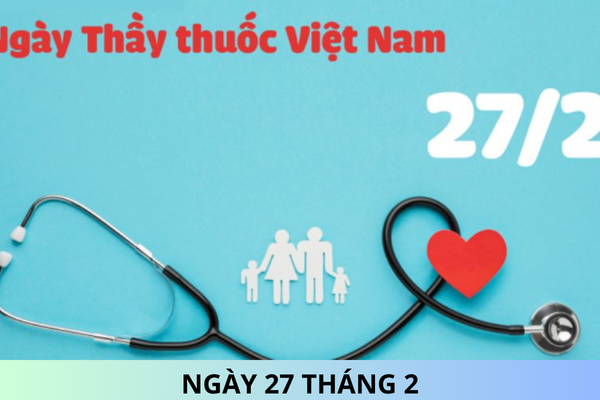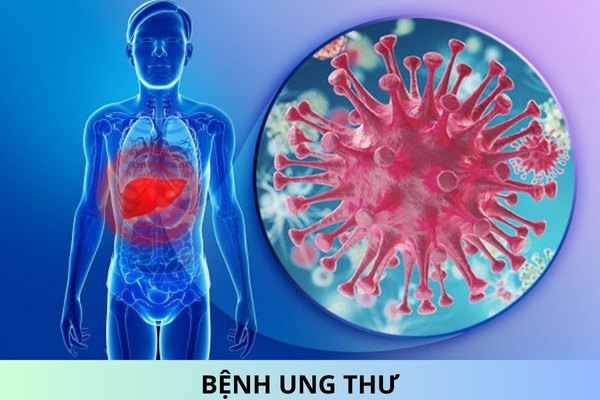Which documents shall be presented by the blood donors in Vietnam? What are rights of blood donors in Vietnam?
Which documents shall be presented by the blood donors in Vietnam? What are benefits of blood donors in Vietnam? - Ms. Kim (HCMC)
Which documents shall be presented by the blood donors in Vietnam?
Pursuant to Article 7 of the Circular 26/2013/TT-BYT stipulating registration and management of information about blood and blood component donation:
Registration and management of information about blood and blood component donation
1. Blood and blood component donor must submit one of the following documentation: Identification card, passport, military and police identification card, driving license, work card, student card, blood donation card, blood donor certificate or personal status confirmation issued by local agencies, organizations, unions or authorities.
2. The blood or blood component donor must completely answer the questions about the blood donor's health stipulated by the Appendix 2 enclosed herewith.
3. Blood collecting facilities must manage blood donor information according to the file system stipulated by the Appendix 3 enclosed herewith. Personal information about the blood donor must be kept confidential and only used for the purpose of guaranteeing the normal health condition of the blood donor and preventing diseases from infecting the donated blood recipient.
As regulated above, blood donor must submit one of the following documentation:
+ Identification card
+ Passport
+ Military and police identification card
+ Driving license
+ Work card
+ Student card
+ Blood donation card
+ Blood donor certificate or personal status confirmation issued by local agencies, organizations, unions or authorities.
What are rights of blood donors in Vietnam?
Pursuant to Article 12 of the Circular 26/2013/TT-BYT stipulating rights of blood donors in Vietnam:
- Have access to the information about pathological signs or symptoms caused by hepatitis, HIV virus and some of blood borne diseases.
- Be provided clear explanations about the blood collection and any accident that may unexpectedly occur, and pre- and post-transfusion tests.
- Ensure that their clinical examination and test result will be kept confidential; Have an opportunity to consult with medical experts on any abnormal signs of their health in the health examination and donation process;
- Have access to advice on the abnormal test result.
- Be offered medical care and treatment if any unexpected accident takes place within or after the blood donation.
- Be paid an amount of medical care and treatment costs incurred by unexpected accidents that may happen within and after the blood donation.
- Costs incurred from the medical care and treatment paid to the blood donor as stipulated by this Clause shall be governed by legal regulations.
- Be honored or offered an award by competent authorities after their consideration and decision as well as guarantee other mental and material rights that a blood donor is granted as stipulated by laws.
Which documents shall be presented by the blood donors in Vietnam? What are benefits of blood donors in Vietnam? - image from internet
What are regulations on blood donor eligibility in Vietnam?
Pursuant to Article 4 of the Circular 26/2013/TT-BYT, blood donor must meet age and health requirements as well as others which are specified below:
- Age: from enough 18 to 60 years.
- Health:
+ Those who weigh at least 42 kg for female, 45 kg for male are eligible for whole blood donation; those who weigh from 42 kg to under 45 kg are permitted to donate less than 250 ml of whole blood per each donation; those who weigh 45 kg or more is permitted to donate their whole blood volume of 90 ml/ kg in weight and less than 500 ml per each donation.
+ Those who weigh at least 50 kg are eligible for blood donation apheresis; blood donors are able to donate one or a wide range of blood component(s) in each donation apheresis, but total volume of donated blood is restricted to less than 500 ml; those who weigh at least 60 kg are eligible to donate total whole-blood volume of less than 650 ml in each donation.
+ Do not suffer from acute or chronic diseases, including mental, nervous, respiratory, circulatory, genitourinary, digestive, hepatobiliary, endocrine, blood and hematopoietic, systemic, autoimmune and severe allergic diseases or symptoms;
+ Do not have pregnancy at the day of blood donation registration (for female);
+ Have the medical history of any human organ donation and transplantation surgery;
+ Do not have addition to narcotics or alcohol;
+ Do not have severe or extremely severe disability;
+ Do not take some medications stipulated by the Appendix 1 of the Circular 26/2013/TT-BYT;
+ Do not contract blood-borne or sexually transmitted diseases at the date of blood donation registration;
+ Clinical conditions:
++ Have the normal state of consciousness and perception;
++ Have the systolic pressure measured in the range from 100 mmHg to below 160 mmHg and diastolic pressure measured in the range from 60 mmHg to below 100 mmHg;
++ Have the regular heart beat with the frequency ranging from 60 to 90 beats per minute;
++ Do not show one of the following signs: light weight and fast weight loss (losing more than 10% of gross body weight within 6 months); pale skin or mucous membrane; dizziness or dazzle; night sweat; big nodes occurring throughout the body; fever; oedema; cough, dyspnea; diarrhea; hemorrhage of all types; injuries or abnormal skin conditions.
+ Testing:
++ With respect to the whole-blood donor and the donor who makes an apheresis donation of blood components, the hemoglobin concentration must equal at least 120 g/l; if the volume of whole blood donated is more than 350 ml, the minimum volume of whole blood drawn must be at least 125 g/l.
++ With respect to the donor who makes an apheresis donation of plasma, the concentration of plasma protein separated from the whole blood must equal at least 60g/l and must be tested within a period of less than 01 month;
++ With respect to the donor who makes an apheresis donation of platelets, granulocytes and stem cells, the number of platelets must be greater than or equal to 150x109/l.
- In addition to above standards, the blood donation shall be considered and decided by blood donor selection practitioners.
Best regards!











